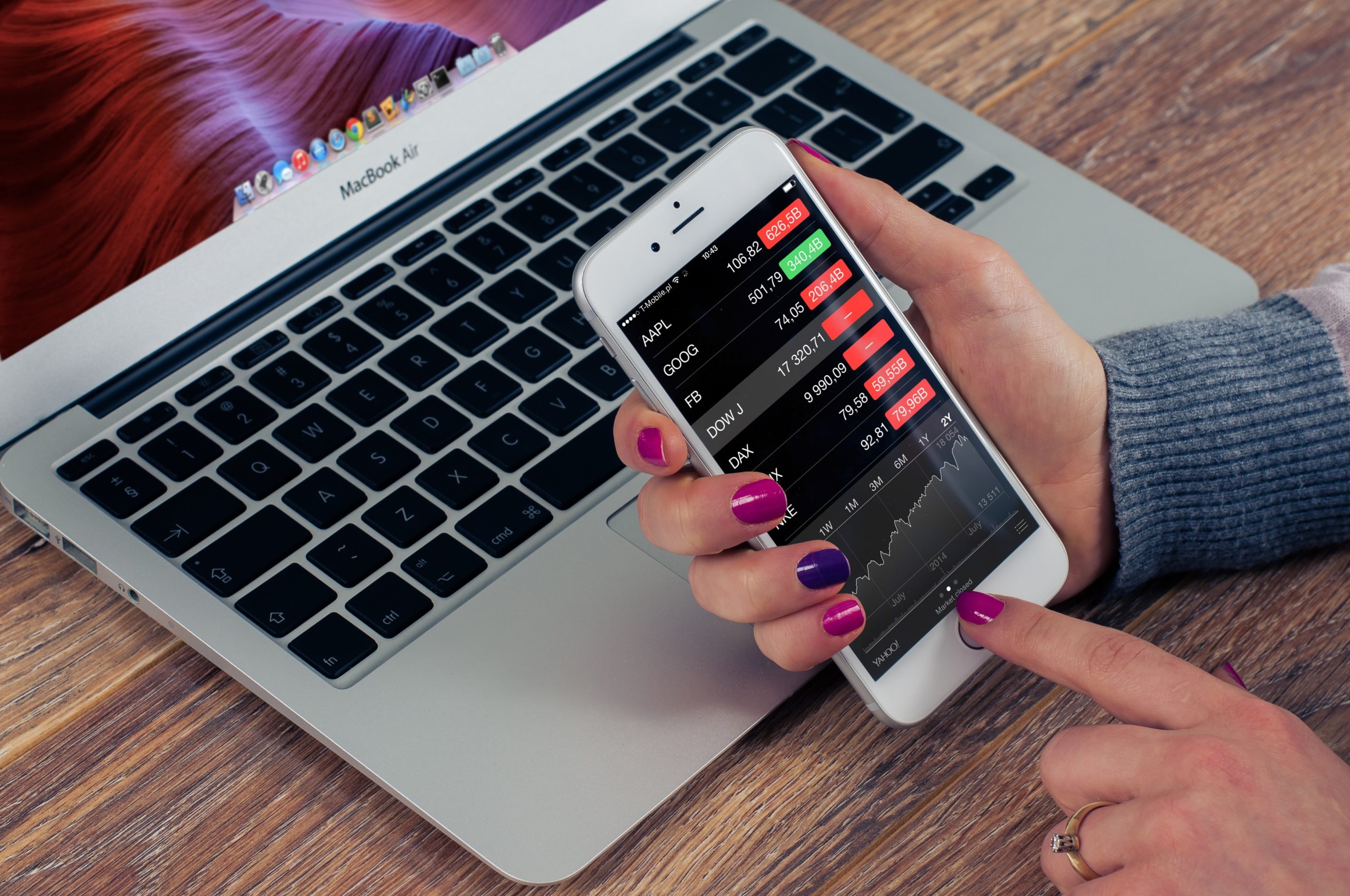Insights
Has COVID-19 Permanently Changed How We Talk About the Stock Market?.

Talking about the economy can be tough. It often requires examining a variety of economic indicators like the gross domestic product (GDP), unemployment rates, the consumer price index, inflation, and countless others. Since Americans are somewhat famously terrible at math, it’s no surprise that many economic messages are distilled using colorful language—think “unemployment soars” or “consumer spending sinks.” Case in point: the stock market. The idea that trends in the market can serve as a barometer for the health of the broader economy—that up is good, and down is bad—has been pervasive for decades.
Or it was until 2020, anyway. As COVID-19 spread across the nation and virus-related lockdowns began to take their toll on the economy, the markets plunged. On March 16 alone, the Dow dropped 12.93%—a bigger one-day slide than it suffered during the 1929 crash. But since reaching its low point for the year so far in March, the market has taken an unusual turn.
Even as the COVID-19 pandemic has grown in scope and severity, and as many other elements of the national economy have been hammered by social distancing requirements and uncertainty, markets have rebounded. In August 2020, the S&P 500 returned to trading near its all-time highs. Historically bad economic figures—tens of millions of Americans out of work, the worst quarterly GDP decline on record, and a precipitous drop in consumer spending—haven’t seemed to affect the market’s outlook at all. Since stock prices are typically thought to reflect expectations about future performance, the gap here is puzzling, to say the least.
There’s no shortage of theories attempting to explain this disjunction between the markets. Some argue that markets are building in optimism that a pandemic-caused recession will dissipate relatively quickly once the pandemic ends. Others wager that federal stimulus efforts to keep the economy from sinking even further have buoyed investor confidence. But the simplest explanation may be the one that communicators can take the most away from—the stock market doesn’t meaningfully represent the economy as a whole. What’s good news for major corporations and institutional investors doesn’t necessarily dovetail with the needs or struggles of small business owners or middle- and working-class Americans.
This suggests that messages touting the stock market’s performance may no longer be able to win over Main Street. Political and business leaders and advocacy groups should take note. The COVID-19 pandemic may have been the seismic force needed to effect the change, but even after it ends, there are a number of trends that suggest leaning on the market will continue to be a risky strategy from here on out:
- As of 2020, about 45% of adults report owning no investments in stocks whatsoever, meaning that tens of millions of Americans do not have a direct personal stake in market movements.
- Millennials, the largest generation in the labor force, are not investing in the same numbers as previous generations. By some accounts, as few as a third of millennials are saving for retirement by investing in the stock market, with concerns about student loans or wages also impacting their financial progress. Many millennials bristle at suggestions they should cheer the performance of a market they feel unable to take advantage of.
- Americans are increasingly aware of the disconnect between the market and their own economic prospects. A May survey of consumer expectations by the Federal Reserve Bank of New York found that respondents’ expectations for the stock market over the following 12 months had reached a new high, even as they expect their household finances to worsen over the same period.